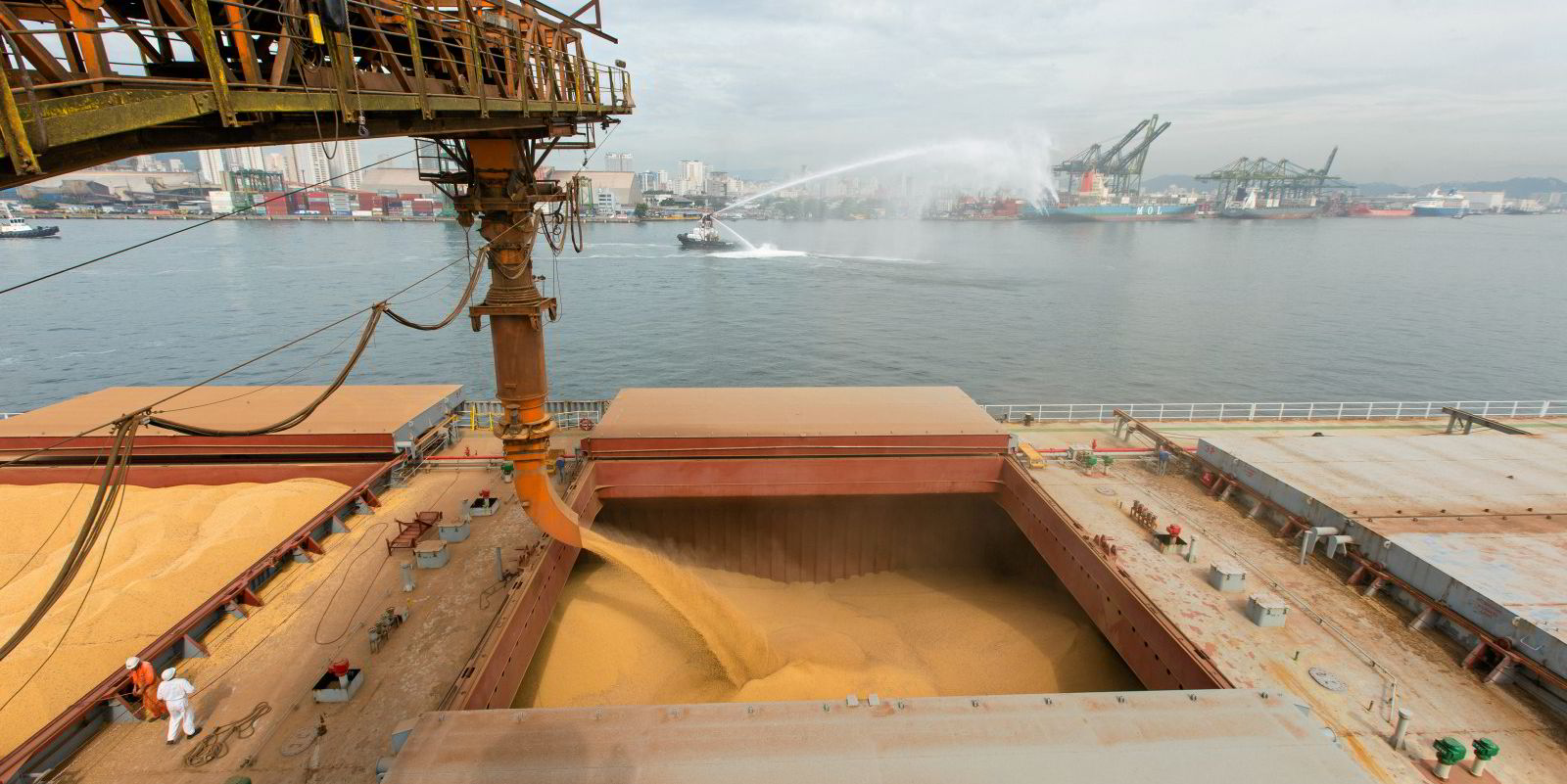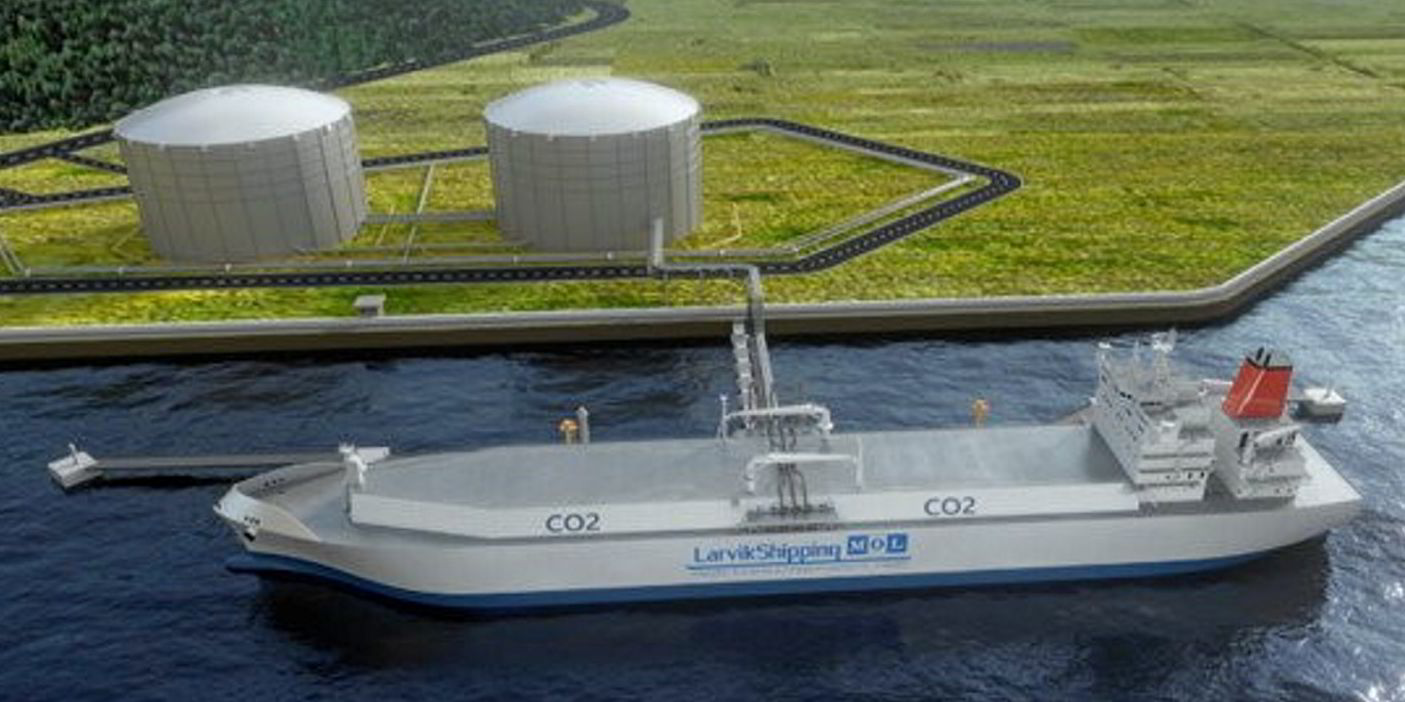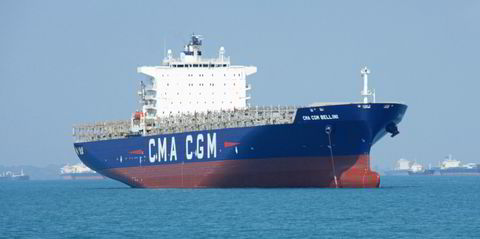Mining giant Anglo American wants all of its shipping activities to be carbon-neutral by 2040 and reduce its emissions from ocean transport by 30%.
Peter Whitcutt, chief executive of the company's marketing business, said the maritime plan is a natural extension of a wider strategy to achieve carbon-neutral mining operations by 2040.
"Since establishing our shipping desk in 2012, we have built a diverse portfolio and today we transport more than 70m metric tonnes of dry bulk products per year to our customers around the world," he said on Friday.
Hydrogen plan
Anglo American is "committed to playing an active role in accelerating the transition to a more sustainable shipping sector", he added.
It also aims to reduce its Scope-3 emissions by 50% by 2040, according to its Sustainable Mining Plan, released this week.
The miner revealed on Friday that it is exploring the use of hydrogen as part of its efforts to speed development of alternative low-carbon and zero-carbon fuels.
It is collaborating with Hydrogenious Maritime and Johannes Ostensjo, which owns Norwegian shipowner Ostensjo Group, to explore the use of liquid organic hydrogen carrier (LOHC)-based fuel on Anglo American's chartered fleet.
LOHCs are organic compounds that can absorb and release hydrogen through chemical reactions and therefore do not generate carbon emissions.
Anglo American aims to align its efforts to develop zero-carbon marine fuel with larger hydrogen supply chains in South Africa and Chile.
To date, it has focused on the use of LNG as marine fuel.
Anglo American became a shipowner in March, when it signed a newbuilding contract with China's Shanghai Waigaoqiao Shipbuilding (SWS) for two LNG-fuelled capesize newbuildings.
It reserved 10 newbuilding slots at SWS in July last year, when it announced plans to charter four 187,000-dwt capesize bulker newbuildings, plus options for up to six more. U-Ming Marine Transport has ordered the initial four LNG-fuelled bulkers at the yard, which will be chartered to the miner.
Anglo American said on Friday that the capesizes will take "advantage of LNG's proven ability to incrementally decarbonise shipping" and use new technology to eliminate methane slip, the release of unburned methane.
In June, it also conducted a successful trial on a capesize bulker with biofuel converted from waste cooking oil, which it hopes to adopt as marine fuel in the future.
"We are also part of an industry consortium looking into the viability of green ammonia," it added.









